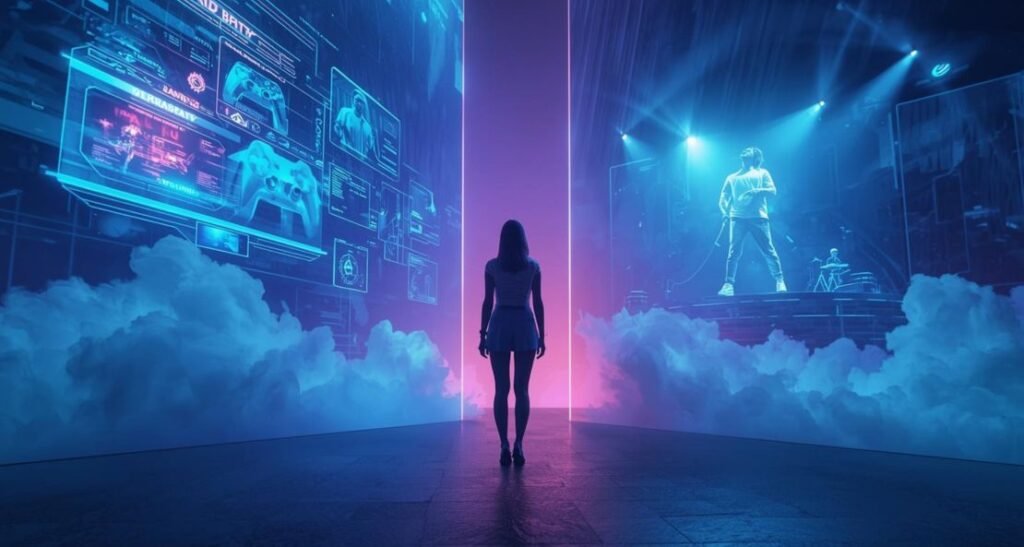The gaming world has changed dramatically, and music fans should pay attention. Cloud gaming platforms now make it possible to stream graphically demanding titles without owning a £2,000 gaming rig.
More importantly, these services are opening doors for virtual concerts and interactive music experiences that were impossible just a few years ago.
What Is Cloud Gaming?
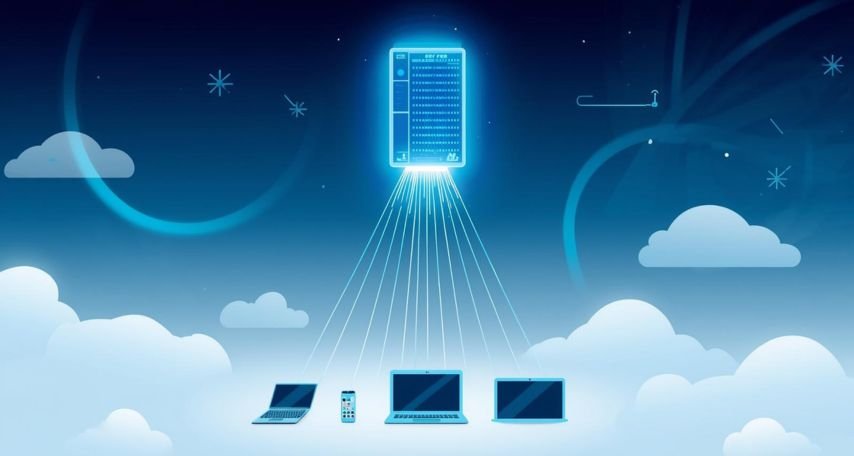
Think of cloud gaming as the Netflix of video games. Instead of downloading massive files or investing in expensive hardware, players stream games directly from remote servers to their devices.
The heavy lifting happens in data centres packed with powerful GPUs, while you simply need a stable internet connection and a screen.
The cloud gaming market projects to expand by 49% annually through 2030, driven by rapidly improving high-speed internet infrastructures and better user experiences.
More than half of surveyed players now use cloud gaming services every day, with 29% dedicating over 30 hours weekly. This isn’t a niche experiment anymore; it’s becoming mainstream.
The technology works by running games on powerful remote machines, then streaming the gameplay to your laptop, phone, tablet, or TV. You send your controller inputs to the server, and it sends back video and audio.
When done right, the experience feels identical to playing locally. When done poorly, you’ll notice lag, stuttering, and frustration.
Moonlight vs. AirGPU: Two Different Approaches
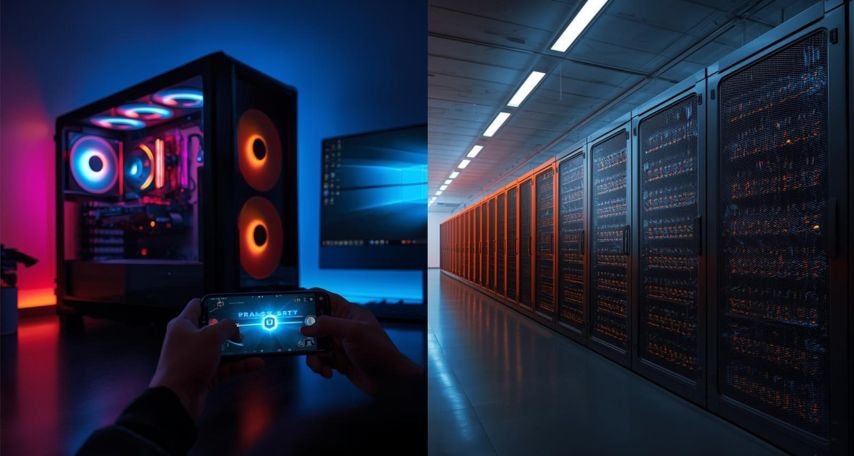
Among the various cloud gaming options, Moonlight PC and AirGPU represent two distinct philosophies that cater to different types of gamers.
Moonlight takes a DIY approach. Originally built as an open-source implementation of NVIDIA’s GameStream protocol, Moonlight turns your existing gaming PC into a personal streaming server.
You already own the hardware, the games, and the software; Moonlight simply makes them accessible from anywhere.
The software streams your PC games at up to 120 FPS using hardware acceleration, supporting everything from smartphones to Raspberry Pis.
The beauty of Moonlight lies in its flexibility and zero subscription cost. Install it on your gaming PC (which needs an NVIDIA GTX 600-series GPU or newer), pair it with a client device, and you’re streaming within minutes.
You can play from your bedroom, a friend’s house, or halfway across the world, all without monthly fees.
Music producers who game on the side particularly appreciate this, since they can also stream audio production software like Ableton or FL Studio to lighter devices.
AirGPU operates differently. Rather than using your own PC, AirGPU provides access to powerful cloud PCs for gaming, rendering, and video editing, with pay-as-you-go pricing starting under a dollar per hour.
The service gives you full access to a Windows machine where you can install Steam, Epic Games, or any other platform, meaning you’re not bound to a predetermined catalogue.
For gamers without high-end hardware, AirGPU solves an immediate problem. The service runs on Amazon Web Services infrastructure across 23 data centres worldwide, using Parsec and Moonlight clients for streaming.
You rent computing power by the hour, install whatever games you own, and pay only for active usage. The catch? You still need to own the games, and some multiplayer titles like Valorant won’t run on virtual machines.
Both platforms democratise access to high-fidelity gaming. Whether you’re streaming from your own PC or renting cloud horsepower, the barrier to entry drops significantly.
You might also like:
- The Evolution of the Music Streaming Industry
- Prime Video Expands Its Horizons with Crunchyroll: The Ultimate Anime Haven
- UK Side Hustle Boom 2025: How the Creator Economy is Reshaping Work
- 6 7 Meme Psychology: Gen Alpha’s Meaningless Slang Is Genius
- Top 10 Best Anime of 2025 (So Far)
Music in the Cloud: Virtual Concerts and Interactive Experiences
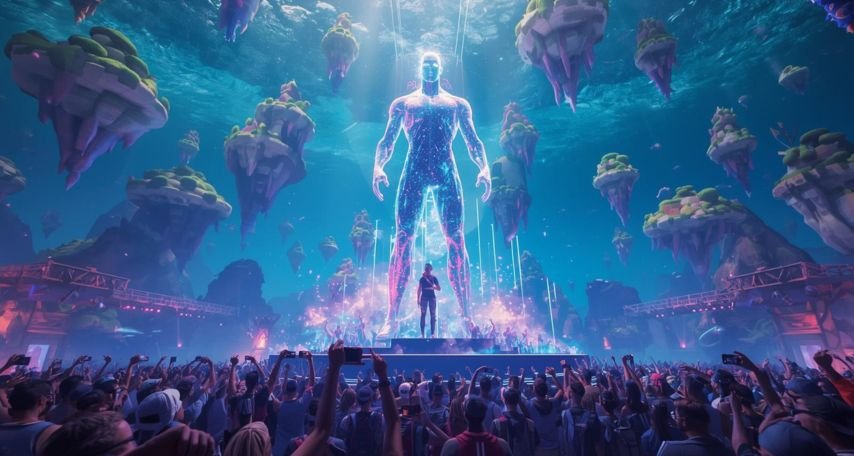
Here’s where things get interesting for music fans. Gaming platforms have become unexpected venues for some of the biggest concerts in recent years, and cloud gaming makes these experiences accessible to more people than ever before.
Travis Scott’s 2020 Fortnite concert attracted 27 million unique viewers, featuring underwater and space segments that combined for a visually stunning experience. That wasn’t just a livestream; it was an interactive event where players navigated surreal environments whilst Scott performed.
Ariana Grande followed with her own Fortnite performance, whilst Lil Nas X pulled 13.4 million views across a three-day Roblox event.
These metaverse concerts work because gaming platforms can render impossible environments. Imagine attending a show where the stage transforms into an underwater cathedral, then explodes into a cosmic nebula, all whilst the artist performs 20 metres tall. Physical venues can’t compete with that kind of creative freedom.
Virtual concerts have evolved from pandemic-era experiments into fully immersive experiences featuring 360-degree stage views and spatial audio through VR headsets.
Platforms like Wave, Stageverse, and Soundscape VR now host performances where fans interact with other attendees through avatars, creating shared experiences despite physical distance.
Cloud gaming removes the hardware barrier. You don’t need a gaming console or expensive PC to attend these events.
A laptop, decent internet, and a cloud gaming service gives you access. Artists can scale shows infinitely without venue limitations or travel costs, whilst fans in remote locations can attend performances they’d never reach otherwise.
The monetisation potential is significant too. The metaverse market, valued at $62 billion in 2022, is projected to reach nearly $832 billion by 2030.
Virtual ticket sales, digital merchandise, and brand partnerships create revenue streams that complement traditional touring. Artists can experiment with concepts that would be logistically impossible or financially prohibitive in the physical world.
The Technical Reality: Not Perfect Yet
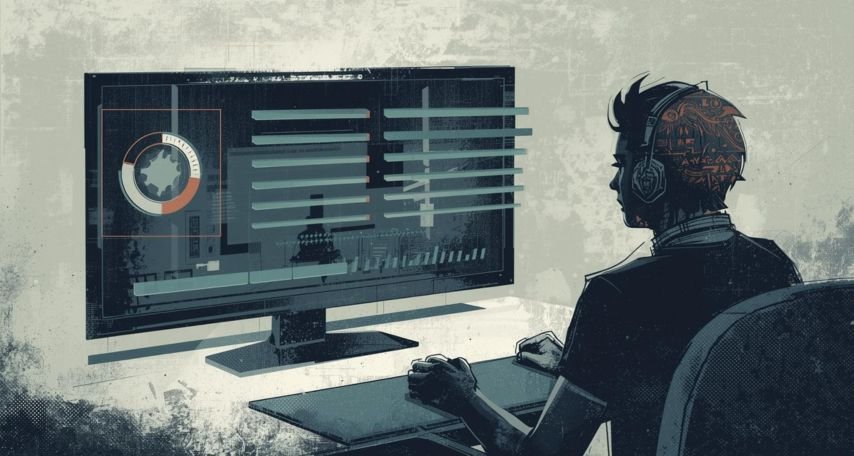
Cloud gaming still faces real challenges. Services like GeForce NOW deliver near-console quality on PC and dedicated handhelds, but the best results require top-tier hardware and internet speeds. Move to a TV or mobile device, and you might encounter audio sync issues or frustrating lag.
Necessary internet speeds, low latencies, and virtualization software aren’t yet widely available for mass adoption, though 5G and fibre-optic infrastructure advance rapidly.
For virtual concerts and music experiences, this matters less than for competitive gaming. A few milliseconds of latency won’t ruin a concert experience the way it would ruin a first-person shooter match.
The business models are evolving too. Pay-as-you-go options are surfacing as alternatives to flat subscriptions, with services testing flexible pricing tiers that let gamers pay only for actual play time.
This approach suits casual users who might only attend the occasional virtual concert or play a few hours weekly.
Looking Forward: The Convergence of Music and Gaming
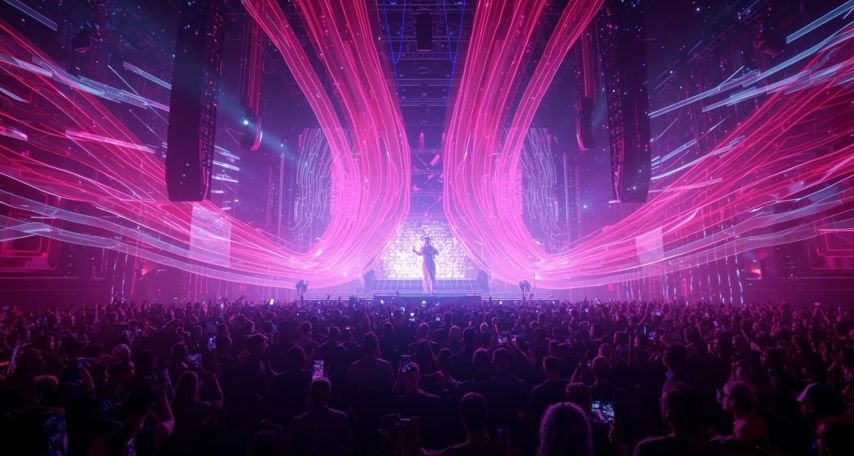
The boundaries between gaming and music continue to blur. Artists already use Unreal Engine and Unity to create music videos and virtual worlds.
Cloud gaming makes these creations accessible to anyone with an internet connection, removing the technical barriers that once limited audiences to those with expensive gaming setups.
We’re likely to see more musicians treating gaming platforms as legitimate venues. Why book a 20,000-capacity arena when you can host unlimited attendees in a digital space?
Why stick to traditional stage setups when you can create impossible environments that react to your music in real time?
AI-driven infrastructure and edge computing are making cloud gaming more efficient, with servers scaling up and down on demand whilst maintaining stable connections.
As this technology matures, the distinction between “gaming” and “attending a concert” will matter less. Both become interactive digital experiences, accessible from any device.
For music fans who’ve never considered gaming, cloud platforms offer a low-risk entry point. You don’t need to understand graphics cards or spend thousands on hardware. Just sign up, stream a concert, and see what the fuss is about. For gamers who love music, these platforms provide new ways to experience your favourite artists.
The revolution isn’t coming; it’s already here. The question is whether you’re ready to log in.


